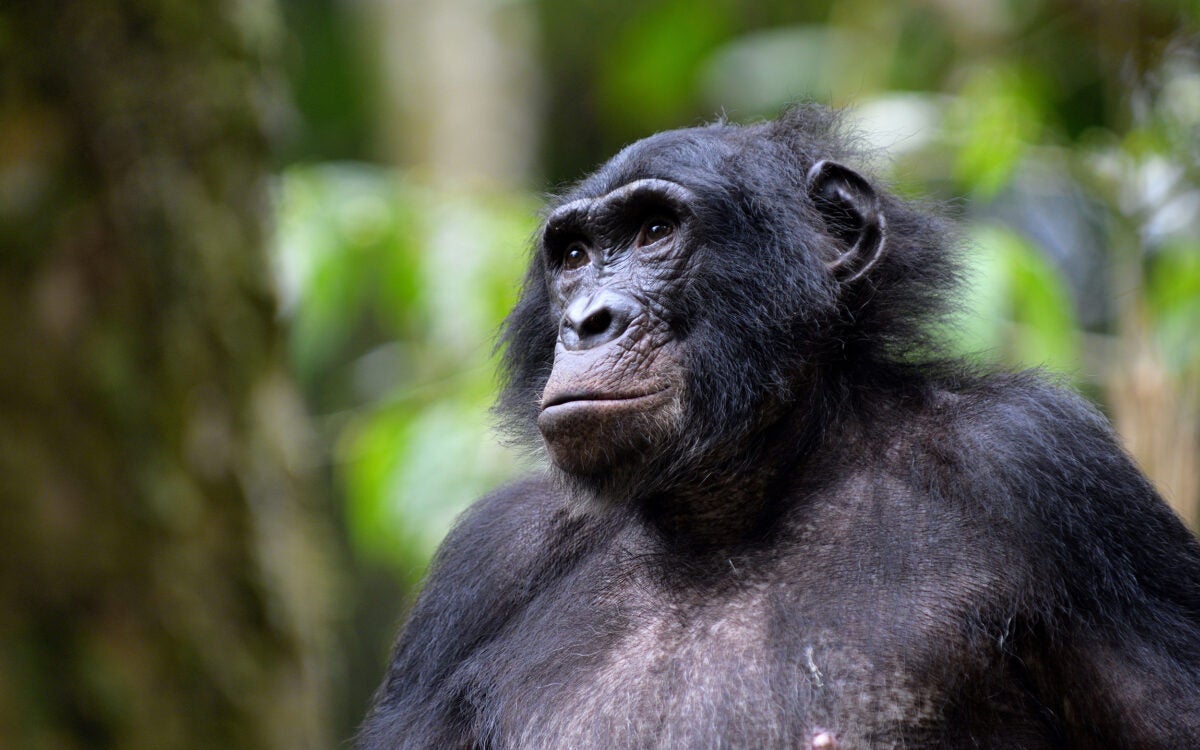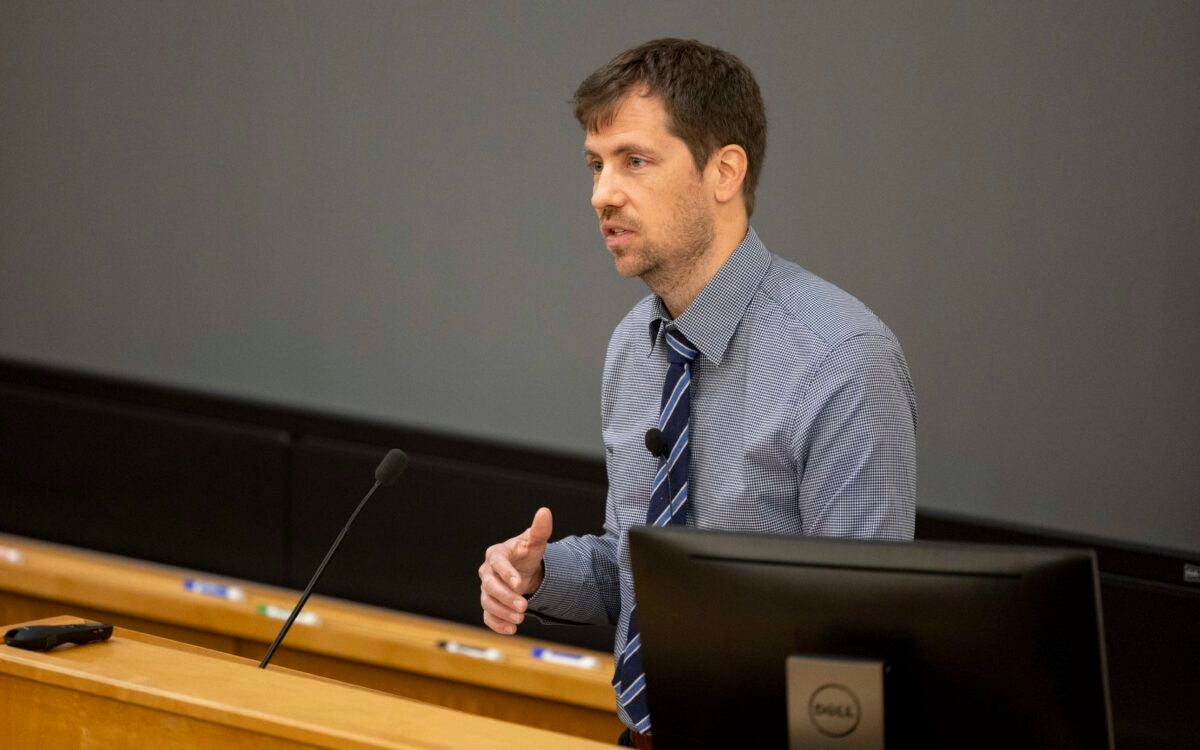HIV-infected children may be protected against puberty delays by newer drugs
In a new study, researchers from Harvard School of Public Health (HSPH) found that newer combination antiretroviral (ARV) drug therapies for HIV appear to protect against puberty delays among children born with HIV.
“We found that youth born with HIV do have a significantly later start to puberty than similar youth without HIV,” said lead author Paige Williams of the Center for Biostatistics in AIDS Research and senior lecturer on biostatistics at HSPH. “Youth with the most severe HIV symptoms tended to have the greatest puberty delays. Our data also suggested, however, that over the past decade, combination HIV medications may help children with HIV start puberty at a more typical age.” Combination antiretroviral treatments consist of three or more drugs from two or more anti-HIV drug classes and are now standard therapy.
The study was published July 31, 2013 in the journal AIDS. Funded by the National Institutes of Health (NIH), the study is believed to be the first to evaluate the impact of combination HIV treatments on puberty onset in youth.
As combination regimens have become more widespread, children’s growth has improved and their physical maturation is much closer to the norm, Williams said. This is especially important because youth with HIV tend to be smaller than uninfected youth and often face mental health problems, she said. “Achieving developmental milestones at a more typical age may help improve self-esteem, reduce risk of depression and other psychosocial problems, and potentially even reduce risk for later fertility problems,” she said.




